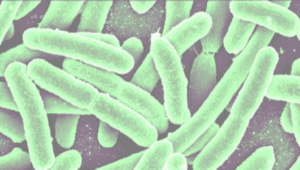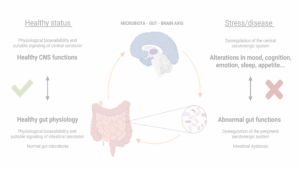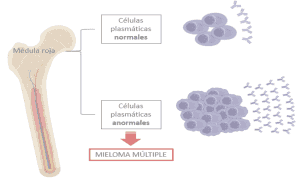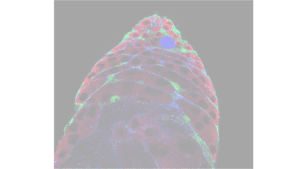Like me, most people who think about a scientific career assume that, at some point in their lives, they will have to spend some time abroad. Many of the colleagues I met while I was studying Biology at the Autonomous University of Madrid (UAM) thought that this stage should take place during the postdoctoral stage in academia and that, of course, it should be postponed as much as possible. Well, this past summer I realised that I couldn’t disagree more with this idea. And… how did I reach this conclusion? By packing my bags three days after graduating as a biologist to start a new adventure in the UK.
During the summer of 2022, and thanks to the Erasmus+ scholarships that sponsored the collaboration between the UAM and SRUK/CERU through the SRUK/CERU Summer Studentships programme, I had the opportunity to stay in Dr Pilar Acedo‘s lab at the Royal Free Hopsital. Before arriving in London, I was very intrigued given this was my first time working abroad. In addition, I was completely out of the famous “comfort zone”. However, from the very beginning, I knew that this experience was going to be decisive both in my development as a scientist and in my personal growth.
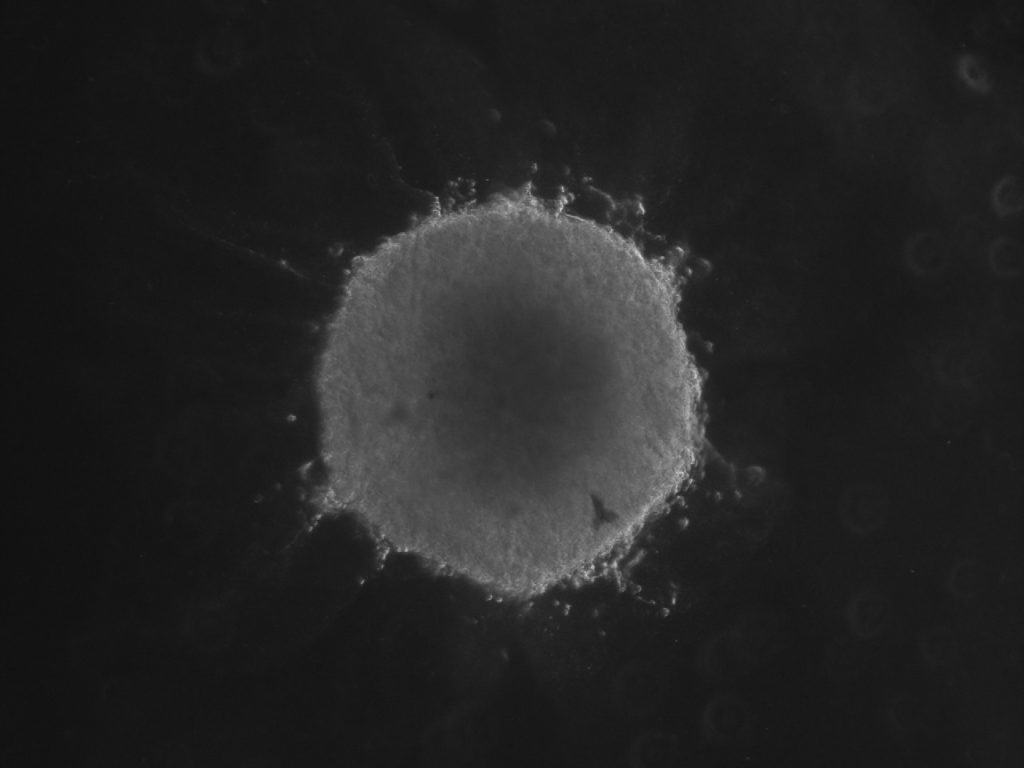
During my stay, I have acquired many skills: from organising and planning all my tasks with overlapping experiments to the importance of 3D models in cancer. In the lab, both Pilar and her PhD student Andrés García Sampedro have taught me that, in order to test new drugs against the cancers they research on (pancreatic cancer and bile duct cancer), it is convenient to generate models that are representative and, if possible, to improve said models with the aim to stop using mice at some point in the near future. Normally, as part of in vitro assays, cells are seeded in a dish, where they form a layer over which the efficacy of the drugs is tested. When we see tumours from patients suffering from cancer, their morphology is quite different as it consists of several layers of cells instead. In that way, preparing cancer cells in 3D (i.e., cells aggregate in a ball-shaped structure, see Figure 1) can help to better simulate real conditions, which can help us get more realistic results when testing our drugs.
While I was carrying out my lab experiments, I realised that I was enjoying a great and unique opportunity: I was part of a a multidisciplinary research group, with people of different nationalities, improving my scientific communication skills … And all these experiences were also taking place in an exceptional working environment. There was nothing else I could ask for. In that regard, I feel that SRUK/CERU has had a great impact in my research experience in another country. Having a Spanish tutor was crucial for me as I could feel as being home despite I actually 1,700 kilometres away.
On the other hand, I believe that I could not have chosen better the UK, as a country, to carry out my stay. As soon as you arrive there, you realise that science is done in a way that, at least in my case, I had never known or seen before. I will not focus on or discuss the many opportunities this country offers to people interested in pursuing a research career in comparison to the few ones in Spain. The really important thing about science that I want to highlight in this pos is the following: science in the UK is open and projects are not rigidly tied. In other words, I feel that, as students, we are given lots of freedom when it comes to proposing new experiments, changing parameters that were already defined, or testing our own hypotheses within reason. I consider this approach to be crucial given how it can stimulate our critical thinking and promote new ideas that are to be increasingly open, disruptive, and innovative.
I cannot end this article without thanking SRUK/CERU, Pilar, Andrés, and my colleague María Rosado for what has been the experience that has opened the doors of research abroad and made me feel that I really want to devote myself to science. See you all soon!
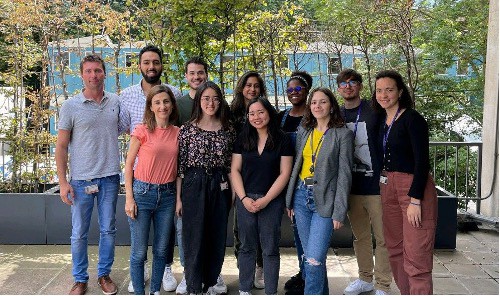
By Daniel Parra Sánchez (@Dparra_Sci). Research student at the Centro Nacional de Investigaciones Oncológicas (CNIO), Lung Cancer Unit H12O-CNIO.

